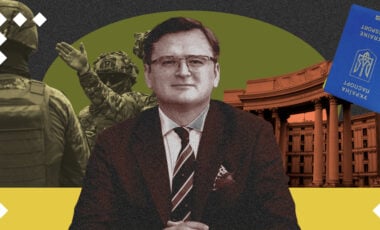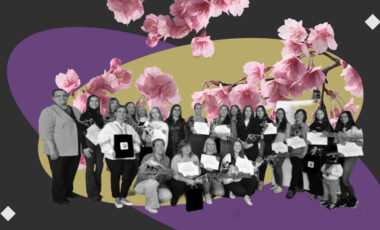Solutions from Ukraine: new open course on war-time communications debuts on YouTube
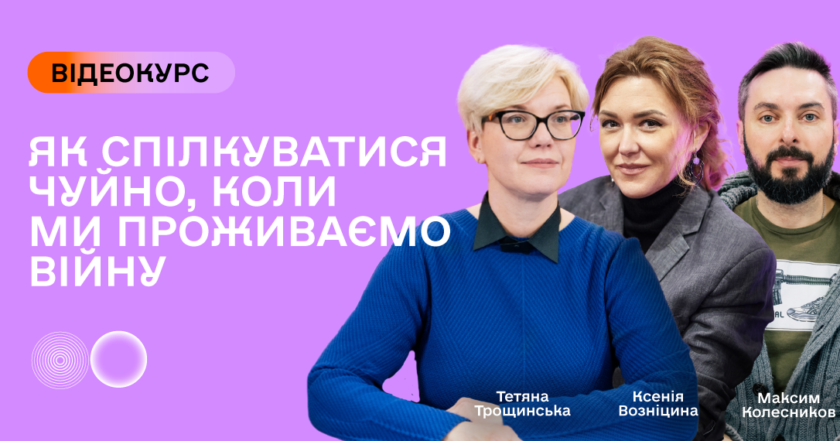
A video course titled "How to communicate sensitively when we are experiencing war " was released on YouTube on December 21. It features experts and special guests discussing Ukrainian society's unique challenges amid ongoing war and providing effective sensitive communication guidance. This includes appropriately supporting military personnel, their families, and survivors.
Rubryka writes about it.
What is the problem?
For many people, the war became an experience that physically separated them from their relatives and friends. Undoubtedly, this affected the format and frequency of their communication. Because of this, social circles have decreased or changed. Some manage to keep in touch at a distance, while others, on the contrary, note that calls and correspondence cannot replace face-to-face meetings and conversations. This is why people sometimes feel lonely and isolated.
Experiencing war is also accompanied by high levels of anxiety and stress in society. This negatively affects communication within the family and with friends and strangers.
What is the solution?
On December 21, a video course on sensitive communication, "How to communicate sensitively when we are experiencing war," was launched on YouTube.
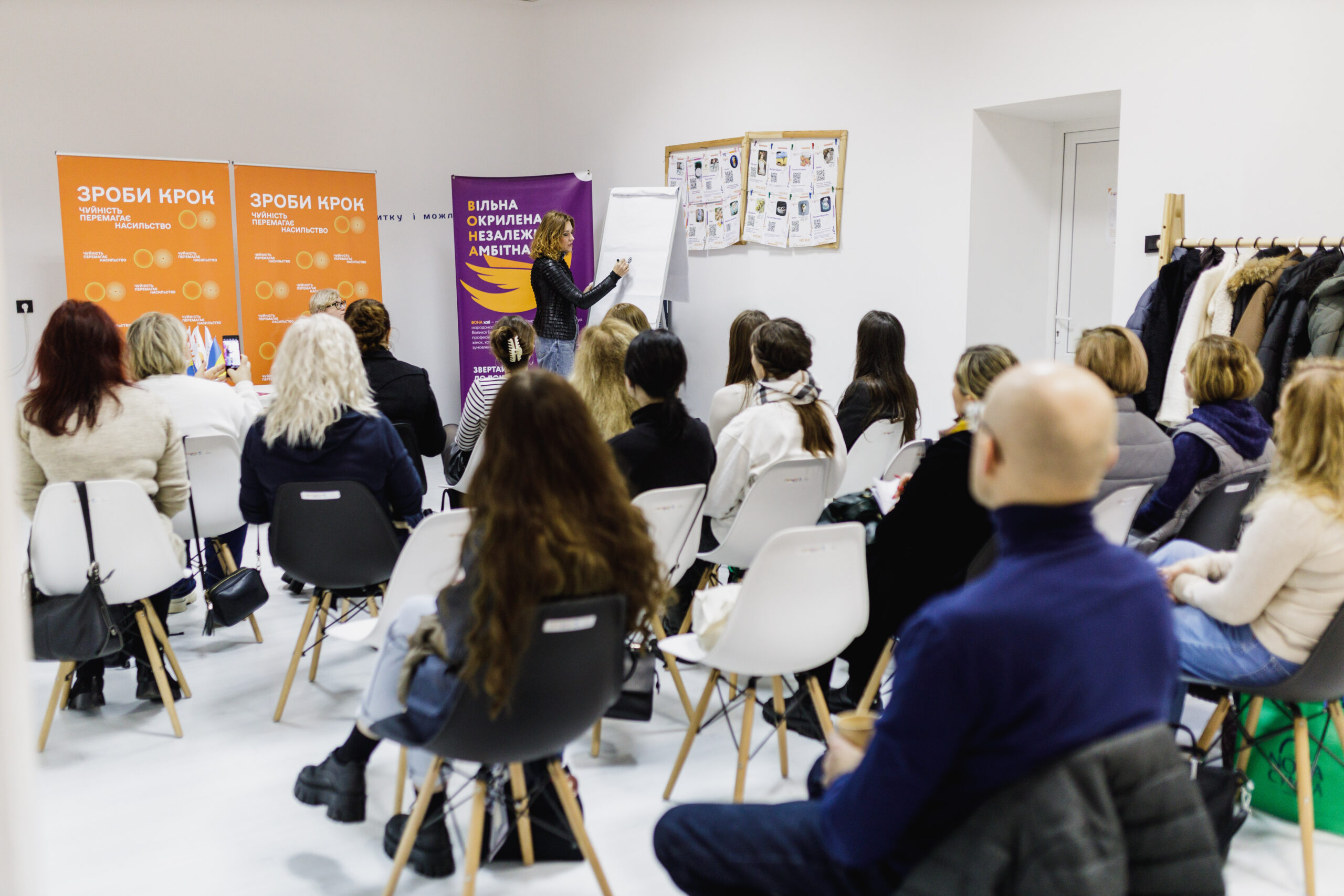
Hosts and guests discussed Ukrainian society's challenges in the wake of the war. They gave specific advice on communication, including with military personnel, their families, and survivors.
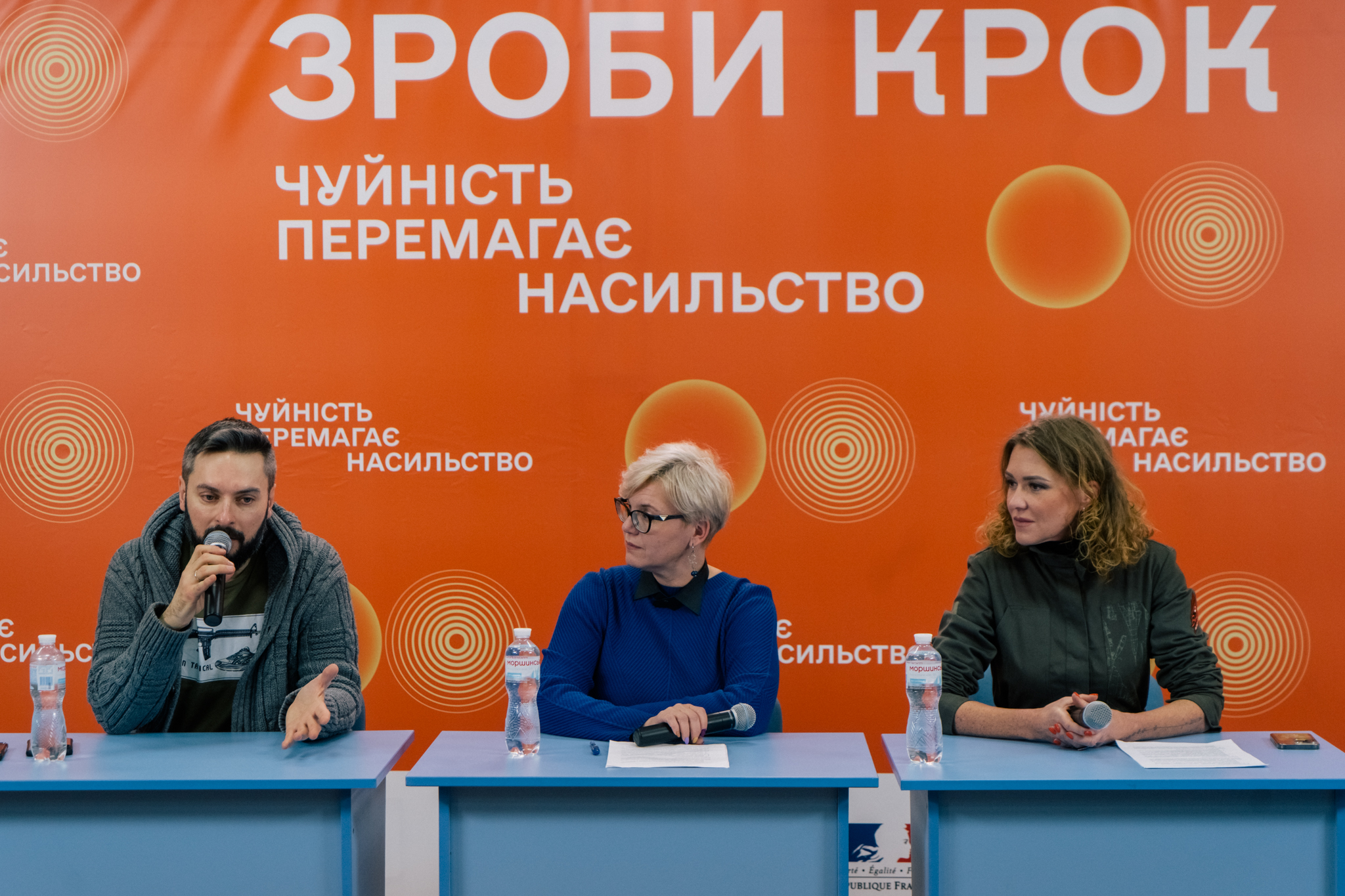
How does it work?
Experts also share self-help techniques and discuss the experience of displaced Ukrainians and how the war affected relationships in Ukrainian families.
The presenters were the editor-in-chief of Public Radio, presenter, sensitive communication trainer Tetiana Troshchynska, and director of the Center for Mental Health and Rehabilitation of Veterans "Lisova Poliana" of the Ministry of Health of Ukraine Ksenia Voznitsyna.
The guest was Maksym Kolesnikov, an Armed Forces veteran who was released from captivity.
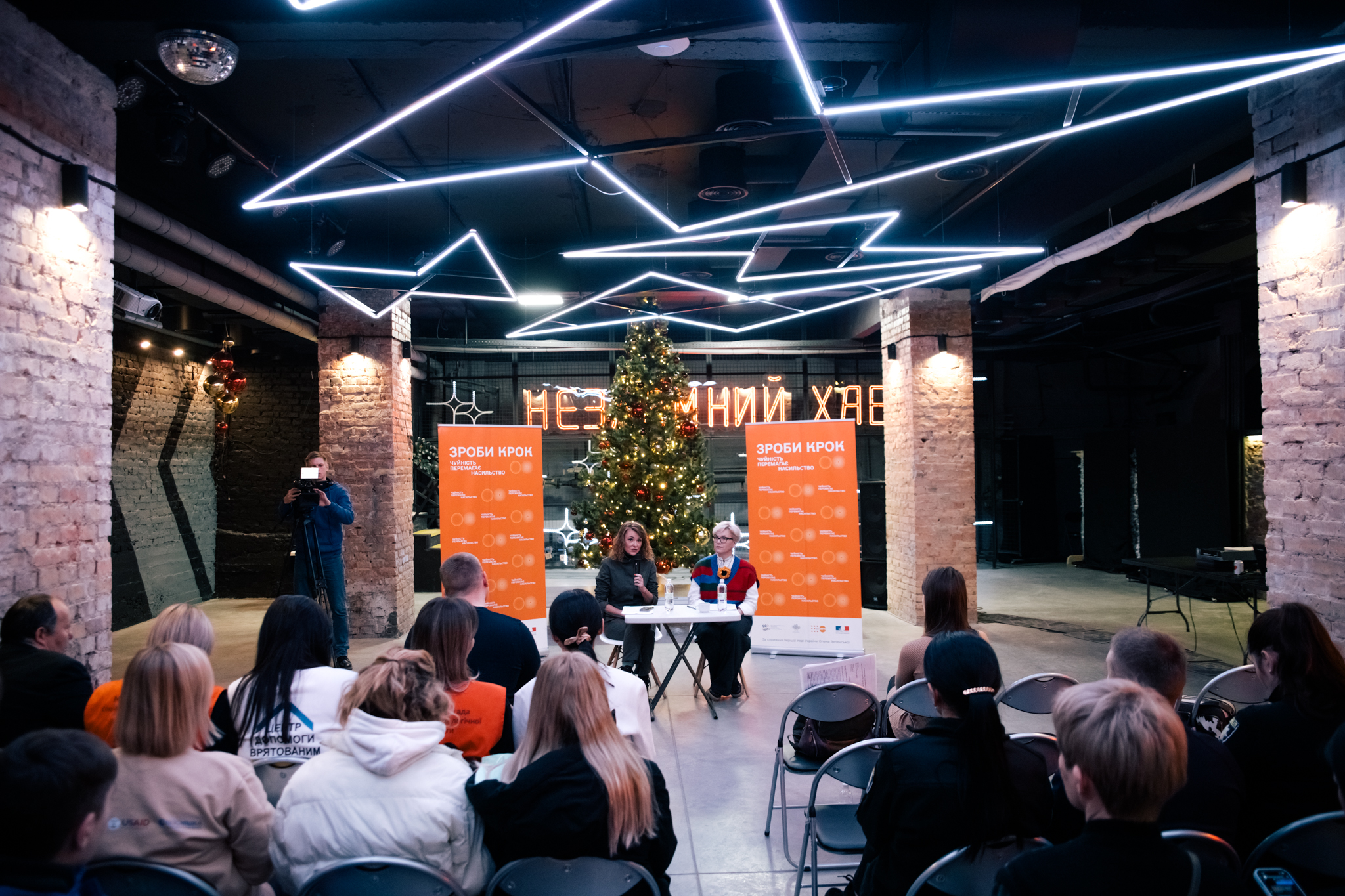
Lectures are available via a link on the website or YouTube.
The course consists of five thematic lectures:
- about sensitive communication in new realities and how to understand each other despite different experiences during the war;
- about how to communicate between the military and civilians and what myths exist in society regarding the reintegration of the army;
- about the trauma of loss and how to help a person in this trauma while not hurting and not devaluing the pain;
- about displaced Ukrainians, their adaptation, and support from the host community;
- about family relationships and how war affects them.
The filming of the course was preceded by informal offline conversations with the participation of presenters in four Ukrainian cities – Irpin, Zaporizhzhia, Kropyvnytskyi, and Lviv.
The discussion questions also formed the basis of the video course lectures. An open conversation in Irpin became the main focus of the first video.
The course is designed for a wide range of Ukrainians, including military/veterans and their families, bereaved families, displaced Ukrainians, and families hosting IDPs.
For reference:
The video course was created for the "Take a step. Sensitivity defeats violence" campaign. The campaign takes place at the initiative of the Office of the Vice-Prime Minister for European and Euro-Atlantic Integration and with the assistance of the First Lady of Ukraine. It is implemented in cooperation with the Government Commissioner for Gender Policy and with the support of the United Nations Population Fund (UNFPA).
As Rubryka wrote, an emotional relief room will operate in Kyiv at the request of the leadership of the National Police and the initiative of police psychologists in the special purpose police regiment.
As part of the "How are you?" campaign, Olena Zelenska created a page offering practical tips on caring for your mental state and the people around you.



























